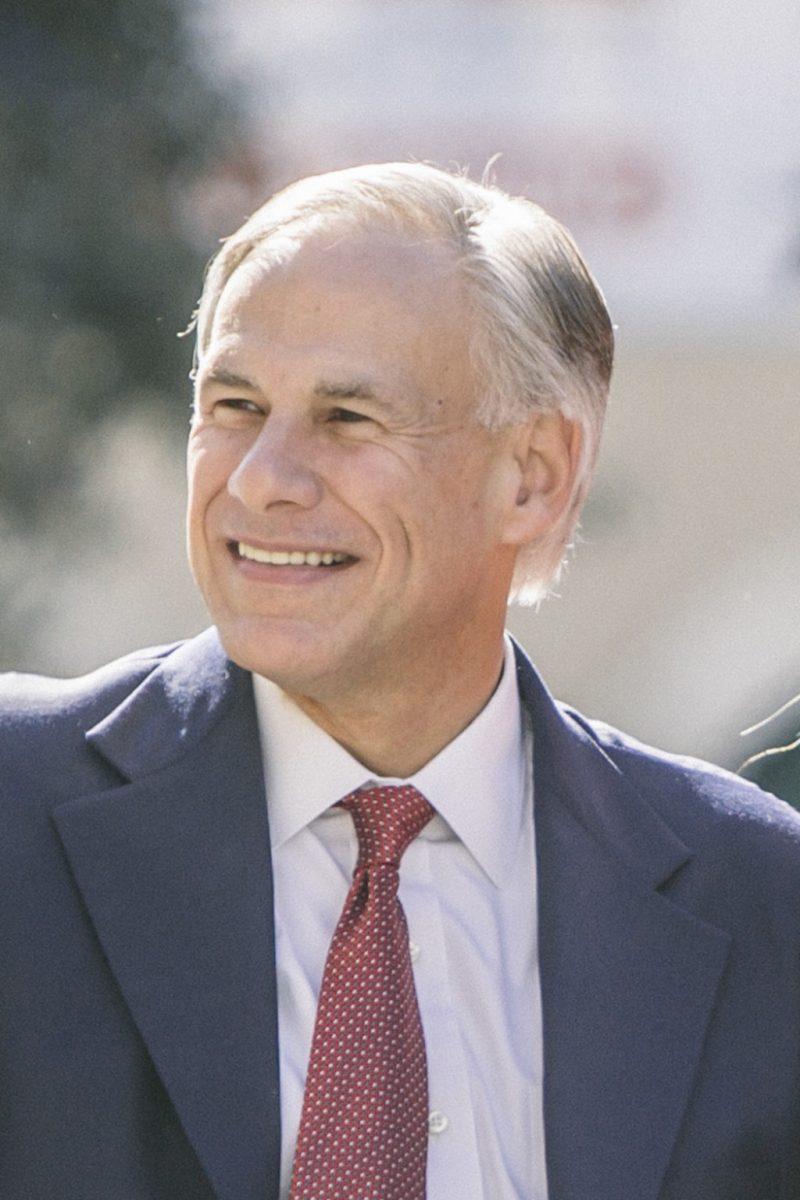Gov. Greg Abbott has joined the long list of governors who have rejected the influx of Syrian refugees within state borders in the wake of terrorist attacks in Paris.
In a letter to President Barack Obama Monday, Abbott said Texas will not accept the refugees due to concerns of insufficient screenings, citing reports of a terrorist involved in the Paris attacks who posed as a Syrian refugee. It is unclear however how far Abbott’s power — along with the other governors who sent similar letters to the President — will allow the states to reject the refugees admitted into the country by the federal government.
Michigan and Alabama were the first to express refusal of refugees, and have been joined by Texas, Arkansas, Louisiana, Indiana, Illinois, Massachusetts, Ohio, Arizona, North Carolina, Florida, Wisconsin, Mississippi, New Hampshire, Georgia, Maine, Kansas, Kentucky, Tennessee, South Carolina and Idaho at time of press.
Danny Davis, director of the Graduate Certificate in the A&M Homeland Security Program, said the concern state governments have about the vetting process of incoming refugees is a valid one.
“I don’t think it’s wise to allow into our country refugees from an unstable place where we cannot determine who they are,” Davis said. “I just think from a national security standpoint, that’s not smart.”
Ryan Crocker, dean of the Bush School of Government and Public Service and former ambassador to Syria, sent a letter to President Obama in September urging him to accept 100,000 Syrian refugees into the United States. Crocker said while he understands Abbott’s decision, it is important not to inadvertently demonize an entire community.
“[The refugees] are people who are fleeing for their lives from acts of terror, very much like what was inflicted on France,” Crocker said. “Either from the Islamic State or from the Assad regime’s hideous barrel bombs, they’re literally running for their lives away from the same enemy that we face.”
Meg Penrose, constitutional law professor, said federal law will dictate what the states can do to deny those refugees.
“What the legal and constitutional ability [Abbott] has to exclude individuals in this circumstance is not an entirely unclear question,” Penrose said. “There are going to be some limits as to the power governors have to exclude those refugees.”
Penrose said as a result of the Refugee Act of 1980, which established a procedure for the admission of refugees to the United States and provisions for the resettlement of those who were admitted, the states will not find themselves in a position of much power.
“I think in this particular situation you’ll see a number of states rising to the surface trying to influence the president as to how he enforces the [Refugee Act], particularly as it relates to individuals whose security checks may on the surface seem to be insufficient,” Penrose said.
Crocker said while the states do not have control over their borders, they can withhold certain services from any refugees who settle within their borders.
“While I don’t think a state can exclude any class of individuals, clearly a state has control over the state’s resources,” Crocker said. “And if it was to withhold any resources controlled by the state to support refugees, then presumably fewer refugees would come there. There are things states can do — I hope they don’t — but within their authority, they are certainly able to act.”
Penrose said there are several court rulings that limit the way a state can disadvantage nonresidents, including Plyler v. Doe, a Texas case in 1982 which held that a Texas law withholding state funding to the education of children of undocumented immigrants was unconstitutional under the Equal Protection Clause.
“The state can say, ‘We’re not going to accept any federal money so we’re not going to be responsible for whatever services those finances would require,’ but I think constitutionally the question then becomes that if these are individuals legally in the U.S., can you exclude them from a whole host of state benefits from which state residents qualify?” Penrose said.
Davis said the state governments will likely make a compelling argument that they are responsible for the health and welfare of their citizens.
“The federal government — it protects the nation, but it’s really down to the local and state officials who have ultimate responsibility for the welfare and safety of their citizens,” Davis said.
The contents of Abbott’s letter is felt by Sarah Hemzawi, biomedical sciences graduate student whose parents migrated to Texas from Syria 21 years ago. Hemzawi said Abbott’s letter to the president shocked her.
“Hundreds of thousands and millions of people are suffering either by getting killed or being [en]slaved or trying to find a new home by escaping all this terror from ISIS,” Hemzawi said. “So for [Abbott] to generalize those refugees as saying they’re from extremist groups is not fair for them.”
Emily Berman, president of Aggies4Carson and sociology senior, said she doesn’t think Abbott’s letter intended to target Syrian individuals.
“I think personally it’s not because what Greg Abbott was doing was not to target Muslims and make them feel like they aren’t welcome … It’s more of a matter of the fact that our national security should be better,” Berman said.
Penrose said the letter taps into a bigger discussion on how the U.S. Supreme Court handles issues of national security.
“In past cases, the Supreme Court has generally given deference to the national government, including the executive, in matters relating to national security,” Penrose said. “It helps for everyone to have their voices heard, but the power will likely lie with the federal government.”
Abbott’s letter to Obama rejects Syrian refugees, poses test to federalism
November 16, 2015
Donate to The Battalion
Your donation will support the student journalists of Texas A&M University - College Station. Your contribution will allow us to purchase equipment and cover our annual website hosting costs.




















